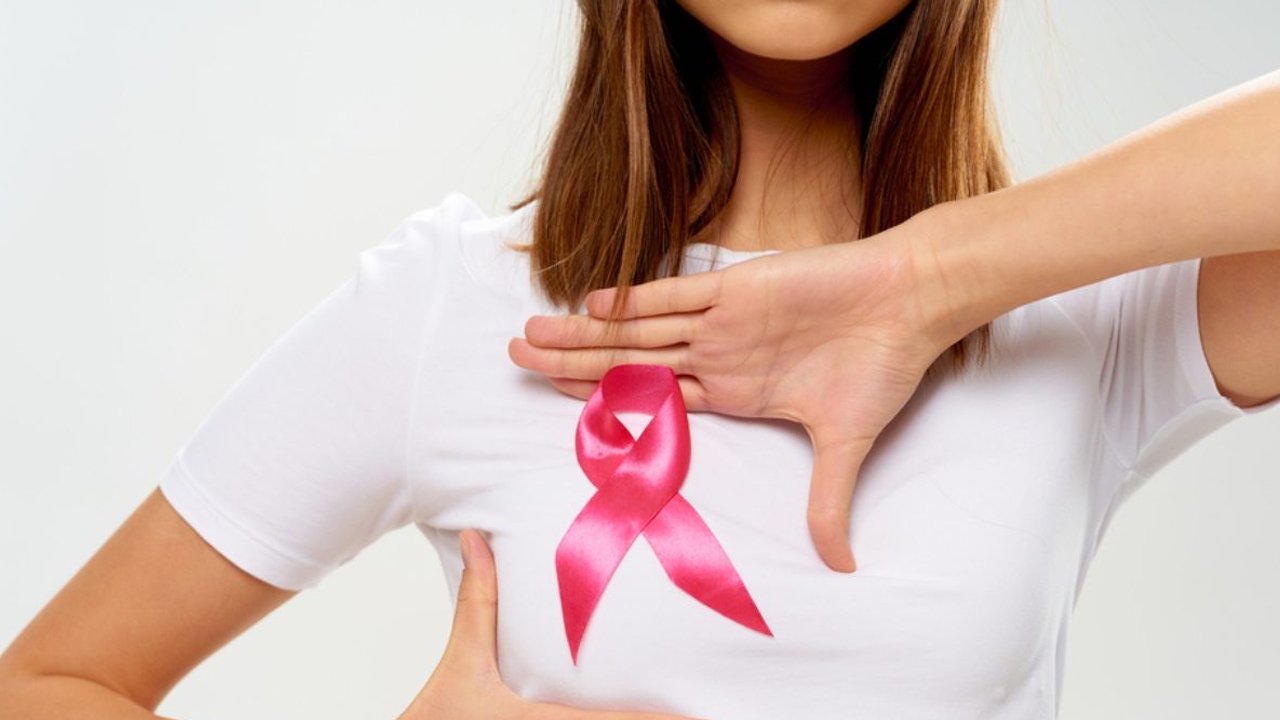
Breast cancer is a serious disease that affects many people around the world. Usually this disease affects women, but in some cases men also fall prey to it. It is generally believed that it mainly affects the elderly, although this is not entirely correct. This serious type of cancer can also occur in women under the age of 40. However, it is not very common in younger women (Young Women Breast Cancer), so many myths about it are often easily believed.
The month of October is celebrated every year as Breast Cancer Awareness Month. On this occasion, today we will learn from Dr. Vaishali Jamre, Surgical Oncology, Breast Oncology at Andromeda Cancer Hospital, Sonipat, about the common myths prevalent among young women regarding breast cancer and their truth-
Myth 1: Only older women are affected by breast cancer.
Fact: The myth that women over the age of 50 are more likely to develop breast cancer is completely false. Although age is a significant risk factor, younger women can also develop breast cancer. The American Cancer Society reports that 5-7% of all breast cancer cases occur in women under the age of 40.
Myth 2: The only symptom of breast cancer is a lump.
Fact- Many people believe that breast cancer can only be detected by lumps. However, young women may experience a variety of symptoms, including changes in breast shape, dimpling of the skin, discharge from the nipple, or persistent breast discomfort.
Myth 3: If there is no family history, you cannot get breast cancer.
Truth: Although a family history of breast cancer increases the risk, other factors also play a role. It is completely wrong to think that if you do not have a family history of breast cancer, you cannot get this cancer. Many environmental factors and lifestyle habits can also contribute to the development of breast cancer.
Myth 4: There is no risk for young women.
Truth: Many young women think that they do not need to worry about breast cancer. However, this is a misconception. Genetic factors, family history, certain lifestyle habits such as alcohol and smoking can increase one's risk. Factors such as heavy breast tissue can also increase the risk of breast cancer.
Myth 5-: Breastfeeding helps prevent breast cancer.
Truth- Studies have shown that breastfeeding can reduce the risk of breast cancer, but this is not entirely true. Some women believe that breastfeeding provides complete protection against the disease. However, this belief is wrong, as it does not completely eliminate the risk, even though it can reduce it. Women who breastfeed or women of younger age are still susceptible to this cancer.
Read More: That small kitchen spice is a 'superfood' for the body, start drinking its water today.
--Advertisement--

 Share
Share



